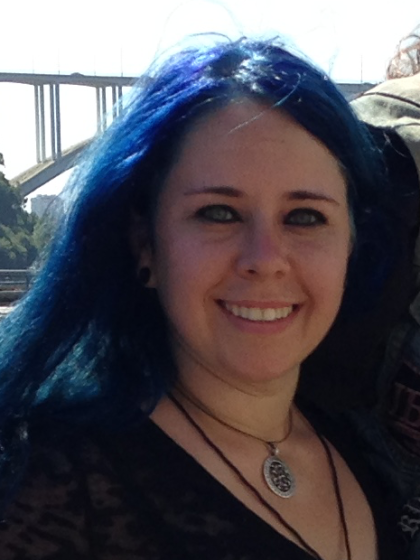E.M.J. (Ellie) Laetz, PhD

Research interests
I am interested in the relationship between marine organisms and their environments. Climate change is disrupting marine ecosystems and some organisms are more vulnerable than others, but we don’t properly understand why. In the Ecophysiology and Evolution of Endosymbioses (E3) Lab, my students and I investigate how environmental stress affects marine animals using an integrative approach and a wide variety of different biological techniques. We focus on animals that form symbiotic relationships with algae, from sea slugs to upside-down jellyfish, sea anemones, and more, to unravel fundamental aspects of the algae-animal symbiosis, explore the tradeoffs associated with symbiosis and predict how these organisms will cope with the warmer, more acidified and deoxygenated oceans of the future.
